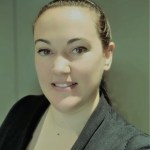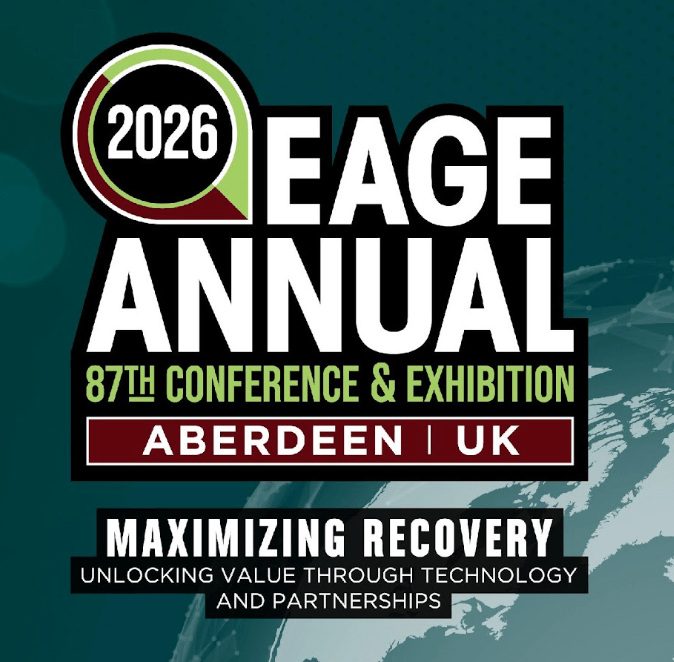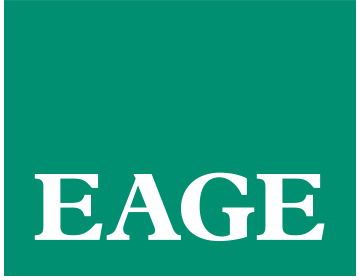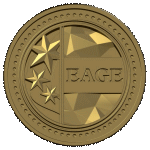The EAGE Geothermal Energy community is a network of members interested in sharing knowledge and developing skills among geoscientists and engineers working on, researching on, or otherwise curious about recent advances, trending topics, case studies, and novel geothermal applications, whether shallow or deep, for heat or power production, conventional or not.
This includes the cross-uses of technologies and skills from other subsurface uses and the joint exploitation of geothermal energy and other resources.
Are you interested in receiving updates from the EAGE Geothermal Energy Community? Update your EAGE Affiliations now!

The Geothermal Community is dedicated to providing members with comprehensive insights into both shallow and deep geothermal fields, spanning from exploration to exploitation. While the geothermal energy sector is well-established, we recognize the importance of representing it within the EAGE. Our mission is to actively listen to and advocate for our members, promote a multidisciplinary approach that caters to their diverse interests, keep our community informed with the latest news and job opportunities, and collaborate with existing geothermal associations to facilitate knowledge sharing.”
Dr. Adeline Parent
Geothermal Energy Committee Chair 2024 - 2026
Activities
1. Participation at the 87th EAGE Annual Conference (8-11 June 2026, Aberdeen, UK) with the Dedicated Session:

2. Committee members are actively involved in EAGE events, for example, participating at the Technical Committee of:
- The Geothermal Energy Conference at GET2025 (27-31 October 2025, Rotterdam, The Netherlands).
- The AAPG/EAGE Workshop on Geothermal Energy in the Middle East (22-24 June 2025, Al-Khobar, Saudi Arabia).
3. Educational & networking events and collaborations such as our webinar series.
4. News, career advice and vacancies.

Curious to know more about everything EAGE is doing around the energy transition? In our Energy Transition Hub you can find all EAGE opportunities for learning, sharing and connecting in one place.
Our Webinar series
Upcoming editions:
Title Speaker Date and time Registration
Africa’s Geothermal Revolution Helen Robinson (Aquarius Resources) Tuesday, 10 March 2026 at 15:00 CET Register here!
Previous editions:
| Title | Speaker | Find out more! |
|---|---|---|
| Application of Potential Field Data for Subsurface Modeling in Geothermal Exploration: A Case Study from the Ukrainian Carpathian Foredeep | Roman Petrokushyn (SLB) | Check out the recording! |
| Integrative Analysis of the Aachen Geothermal System with an Interdisciplinary Conceptual Model | Dr. Esteban Gómez-Díaz (Seequent) | Watch the video! |
| Geothermal and Petroleum Systems Analysis – The Latest News | Bjorn Wygrala (Geological advisor) | Go to the recording |
| From Oil and Gas Experience to Geothermal: How Reservoir Modeling Evolves | Denis Voskov (TU Delft), Sonia López-Kóvacs (Repsol), and Sam Rivas (Rock Flow Dynamics) | Coming Soon! |
Skills for the Energy Transition
Willing to pursue a career in energy transition-related fields? Representatives from the EAGE Decarbonization and Energy Transition Communities, in collaboration with the Education Committee, have undertaken the development of a tool aimed at delineating the requisite skills for successfully navigating a career in the evolving energy landscape.
The overarching objective of the initiative is to offer a comprehensive learning path, encompassing both technical and non-technical proficiencies, thereby aiding our members in navigating their personal energy transition journeys.
In order to ensure that the insights provided by this tool align closely with the needs of our members, we would like to invite you to participate in a short survey: replies are anonymous and will help us improve the skills mapping as well as identify additional areas where geoscientists and engineers can play a role for the energy transition.
Geothermal Energy Committee
The Geothermal Energy community is coordinated by a Committee that serves for a period of two years. The current Committee is serving the 2024 – 2026 term.
| Name | Company / Institution | Country |
|---|---|---|
| Adeline Parent (Chair) | SLB | United Kingdom |
| Alexandros Daniilidis | TU Delft | The Netherlands |
| Andreas Busch | Heriot-Watt University | United Kingdom |
| Gerd Winterleitner | University of Postdam + Fraunhofer | Germany |
| Giovanni Sosio | SLB | France |
| Jeanne Vidal | Lithium de France | France |
| Luca Masnaghetti | SLB | Italy |
| Philip Vardon | TU Delft | The Netherlands |
| Roman Petrokushyn | SLB | Ukraine |
| Sjoukje de Vries | EBN | The Netherlands |
| Sonia Lopez Kovacs | Repsol | Spain |
| Valérie Barrès-Montel | TotalEnergies | France |
Update your affiliations
Connecting with professionals who share similar interests – such as the members of the EAGE Geothermal Energy Community – is key in promoting innovation and technical progress. That’s why we invite you to update your EAGE affiliations to Local Chapters, Circles, Technical and Special Interest Communities. This will help you stay connected with fellow members and ensure our offerings meet your needs.
Questions? Ideas?

